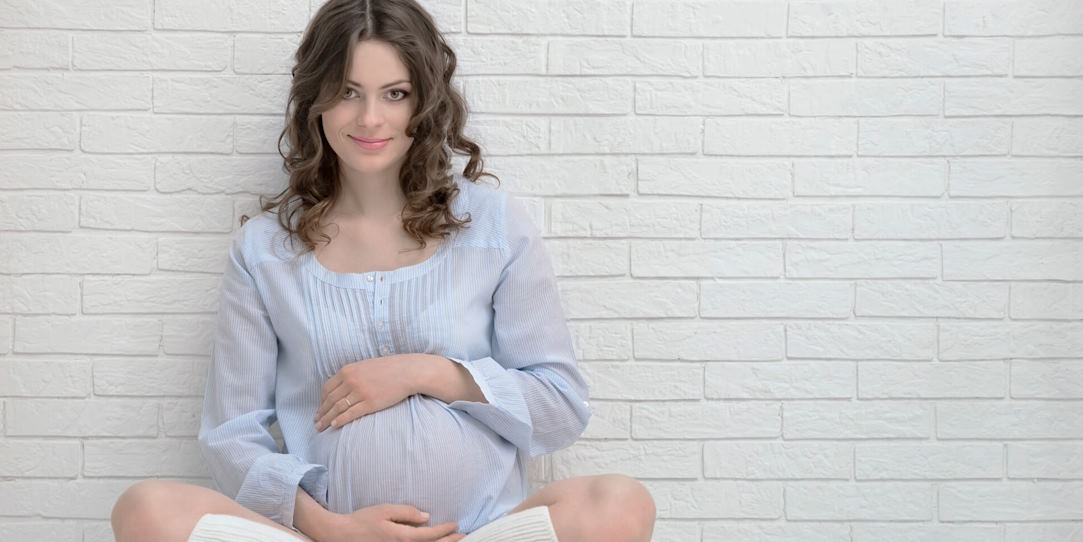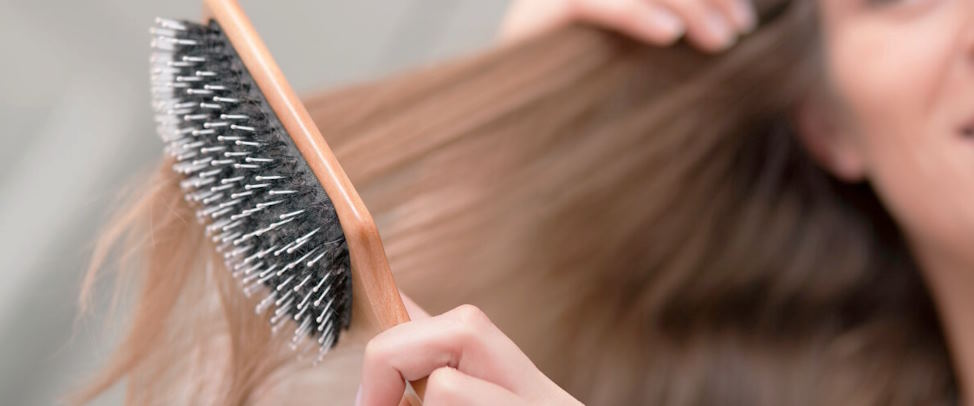
Does Hair Require Special Care During Pregnancy Period And Postpartum?
Pregnancy embodies a profound transformation, encompassing different physical changes, including shifts in hair health. Throughout this journey, expectant mothers commonly encounter fluctuations in hair texture, density, and growth, during pregnancy as well as the subsequent postpartum time. While some may revel in the luscious locks pregnancy bestows, others may grapple with unexpected challenges such as hair loss or dryness. Understanding the intricacies of hair care during these phases is vital for maintaining healthy locks and bolstering overall well-being.
Why and how does hair change during these periods?
Hormonal shifts during pregnancy can dramatically alter hair texture, thickness, and growth patterns. Elevated levels of estrogen prolong the hair’s growth phase, resulting in fuller, thicker strands and reduced shedding. Conversely, postpartum hormonal fluctuations, particularly a significant drop in estrogen, can trigger excessive hair shedding, known as telogen effluvium. This shedding typically peaks around three to six months after giving birth but gradually stabilizes as hormone levels regulate.
Additionally, nutritional deficiencies, stress, and changes in routine can exacerbate hair changes during these periods.

How to care about hair during these periods?
During pregnancy and postpartum, caring for your hair involves a combination of nourishment, gentle maintenance, and stress management.
First and foremost, prioritize a balanced diet rich in vitamins, minerals, and protein to support healthy hair growth. Incorporate foods like fruits, vegetables, lean proteins, and omega-3 fatty acids to provide essential nutrients.
Additionally, opt for gentle hair care products free of harsh chemicals that could further stress your hair follicles. Limit heat styling and tight hairstyles that may cause breakage or traction alopecia.
Regular scalp massages can stimulate circulation and promote hair growth, while deep conditioning treatments can nourish and hydrate your strands.
Don’t forget to stay hydrated and manage stress through relaxation techniques like meditation or yoga.
Finally, it’s advisable to seek guidance from your healthcare provider regarding prenatal vitamins or supplements tailored to support hair health. By prioritizing nourishment and embracing a mindful approach to hair care, you can foster the maintenance of healthy locks throughout your pregnancy and postpartum journey.
